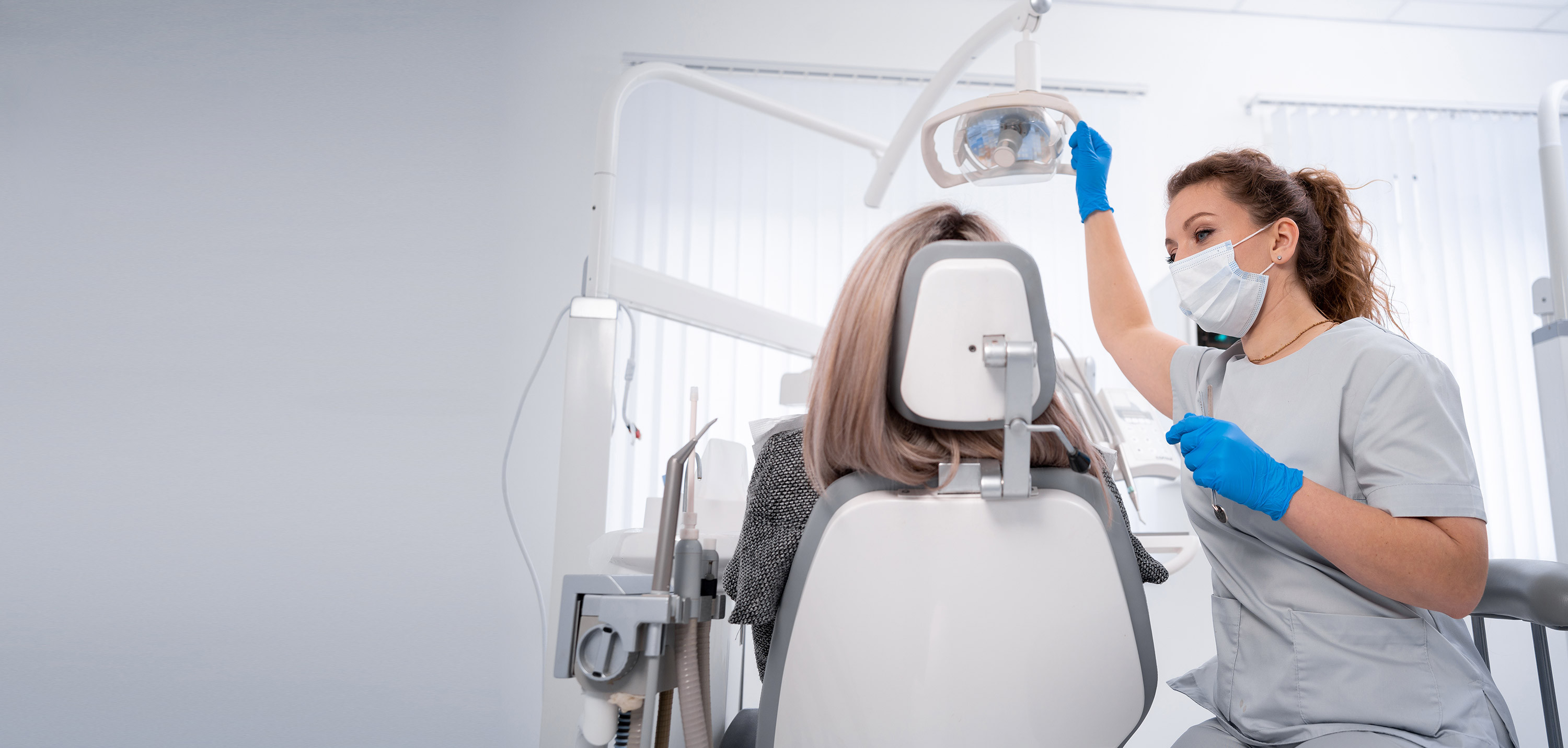
Hygiene
Gum Disease Treatment
A range of advanced treatments to reverse or halt the progress of gum disease.
Gum Disease Treatment benefits
Tailored to your needs
We provide the necessary treatment for your gums.
Happy, healthy mouth
Comprehensive, professional gum disease treatment for a healthy, confident smile.
Long-term health
Tailored treatment for healthy gums, and advice for long-term oral health.
What is Gum Disease Treatment?

How it works
A word from our patients
We always want to make sure our patients have an exceptional experience and leave our practices with happy smiles. Here are some of our most recent success stories.
The service I received at Rodericks Dental Partners was amazing. They were there for me every step of the way and eased my worries.
FAQs
What is periodontitis and what causes it?
Periodontitis means ‘inflammation of the supporting structures that hold the tooth in the jaw’ and is the clinical term for advanced gum disease. The cause is often poor dental hygiene – plaque build-up that eventually damages the gums. Periodontitis is a serious infection that, if left untreated, can cause serious damage to gums and destroy the jawbone – even leading to the need for tooth removal.
Can periodontitis be cured?
Periodontal disease is the aggravated form of gingivitis. However, unlike gingivitis, which can be reversed with daily brushing and flossing, periodontitis can usually only be treated and kept under control. A consultation with our periodontist will help you know for sure which treatment option you’ll require.
Is periodontal disease contagious?
Periodontal disease is caused by bacteria in the gums – and thus, there is a risk that the infection can be carried via salvia. However, while kissing and close contact with shared food, utensils, etc. could potentially transmit the disease, the overwhelming cause of periodontal disease is poor dental hygiene.
What are the symptoms of periodontitis?
Symptoms of periodontitis include swollen, red and tender gums, bad breath, toothache, or loose teeth. However, you need a dentist to exam and diagnose this – or any dental condition – as there may be few or no symptoms. Gum disease can remain undetected for decades, which is why it’s vital you attend regular dental check-ups and hygiene appointments throughout your life.
